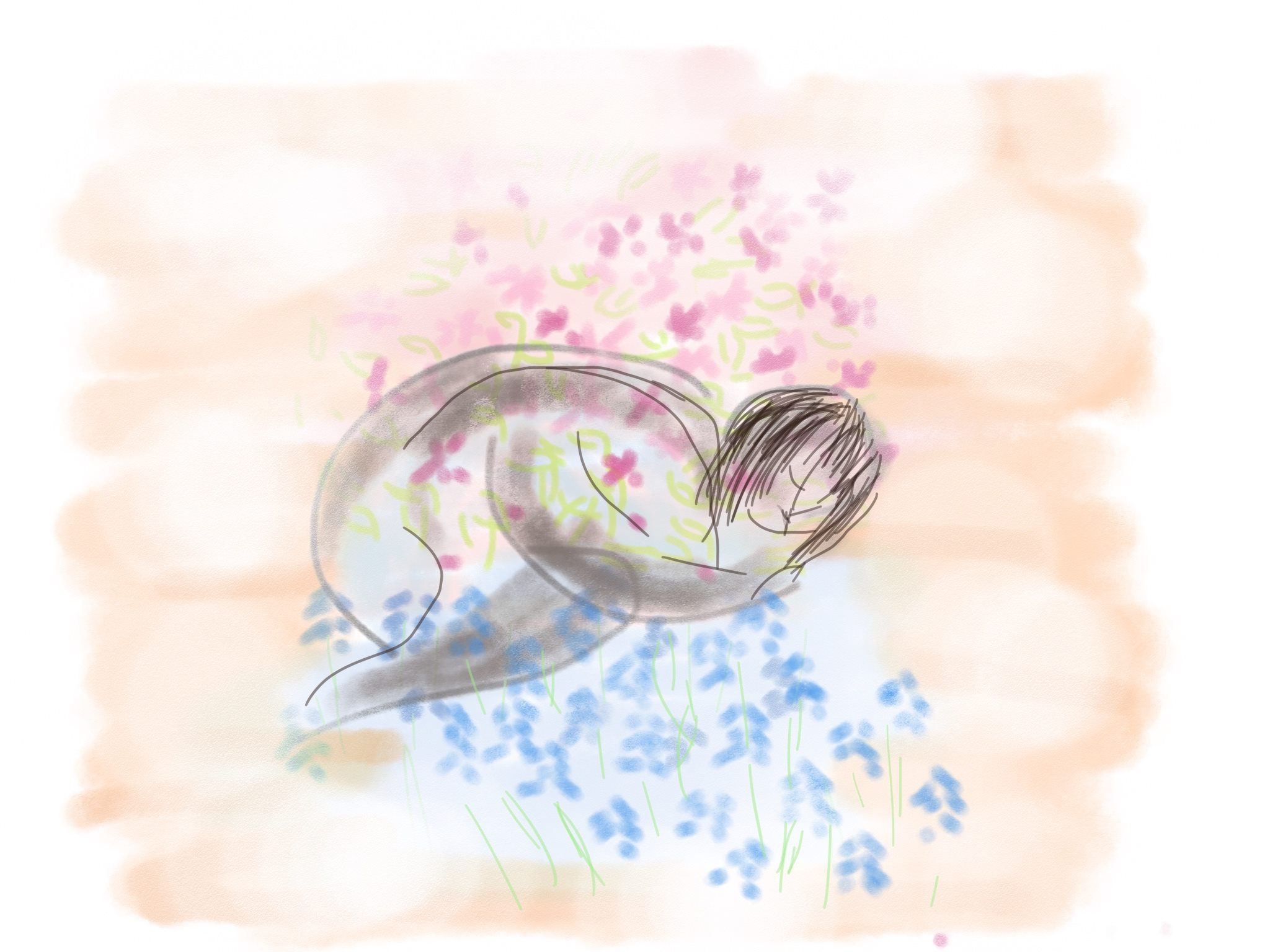The nation turns its face towards the wall
and does not see the dying child.
But she is here.
She lies amongst the flowers
that spread their seas of blue
across suburban gardens.
Her shallow fevered breath inhales
the distant scent of moss and earth.
The colours on the screen entrap our sight,
caging our minds in rectangles
of passion, fear and fame.
We do not see the dying child
who lies outside the frame,
curled silent in the corner of our couch,
fading in the evening light
into the shadows and the silence
as the screen goes blank.
But she is here.
Her thirsting spirit slips between the border posts.
She needs no documents, no maps
to find a pathway to our buried thoughts.
Her hand already reaches out
as though to join the souls that haunt this land
in rocks and waterholes and blood-red earth.
We sense her presence
in our sinking hearts.
Amidst the deadened wreckage of our dreams,
we turn our eyes towards the wall:
we cannot face the dying child.
Our leaders fold their hands in prayer each day,
‘Forgive us our trespasses,’ they pray.
Such faith, you’d think, moves mountains,
Cures blindness, heals the sick.
But these captive minds burn low.
Afloat on soothing rituals,
they move their lips, and close their eyes,
and do not see the dying child.

